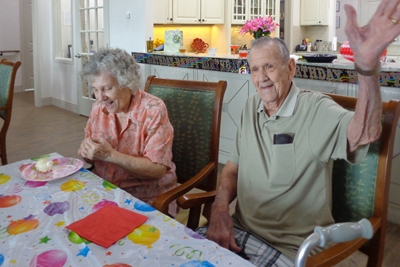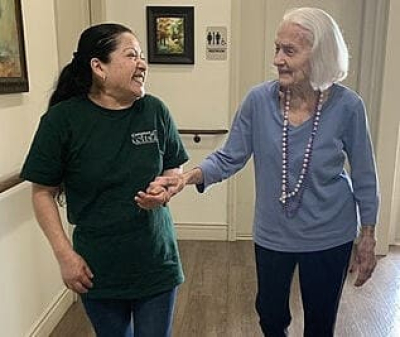Dementia is a word derived from the 18th century Latin word “demens", "Dement" - to be out of your mind.
There are many different types of dementia and it is important to understand what dementia is and how it affects each person. According to the Webster’s dictionary the meaning of dementia is:"A chronic or persistent disorder of the mental processes caused by brain disease or injury and marked by memory disorders, personality changes, and impaired reasoning."
There are many different types of dementia. Each type of dementia is caused by a part of the brain that is affected. The 3 areas of the brain function that dementia affects are Language, Memory and Decision Making.
The 10 Most Common Types of Dementia Are:
- Alzheimer’s Disease
- Vascular Dementia
- Dementia with Lewy Body
- Parkinson’s Disease Dementia
- Frontotemporal Dementia (FTD)
- Creutzfeldt-Jakob
- Wernicke-Korsakoff Syndrome
- Mixed dementia
- Normal Pressure Hydrocephalus
- Huntington’s disease
In the next few weeks we will cover each type of dementia in a little more detail and help shed some light on this often overlooked fact.
At Evergreen Cottages we care for residents with all types of dementia and we train our staff how to specifically work with residents affected by each type of dementia. We work with highly skilled medical personnel to keep up with the training of our nurses and staff. And work closely with families to keep their loved ones as comfortable as possible throughout their journey.
author: Vanessa Trautwein R.N. is the operations manager at Evergreen Cottages Assisted Living Memory Care communities in Katy Texas. She leads a team of highly trained dementia Care specialists. She can be reached at



